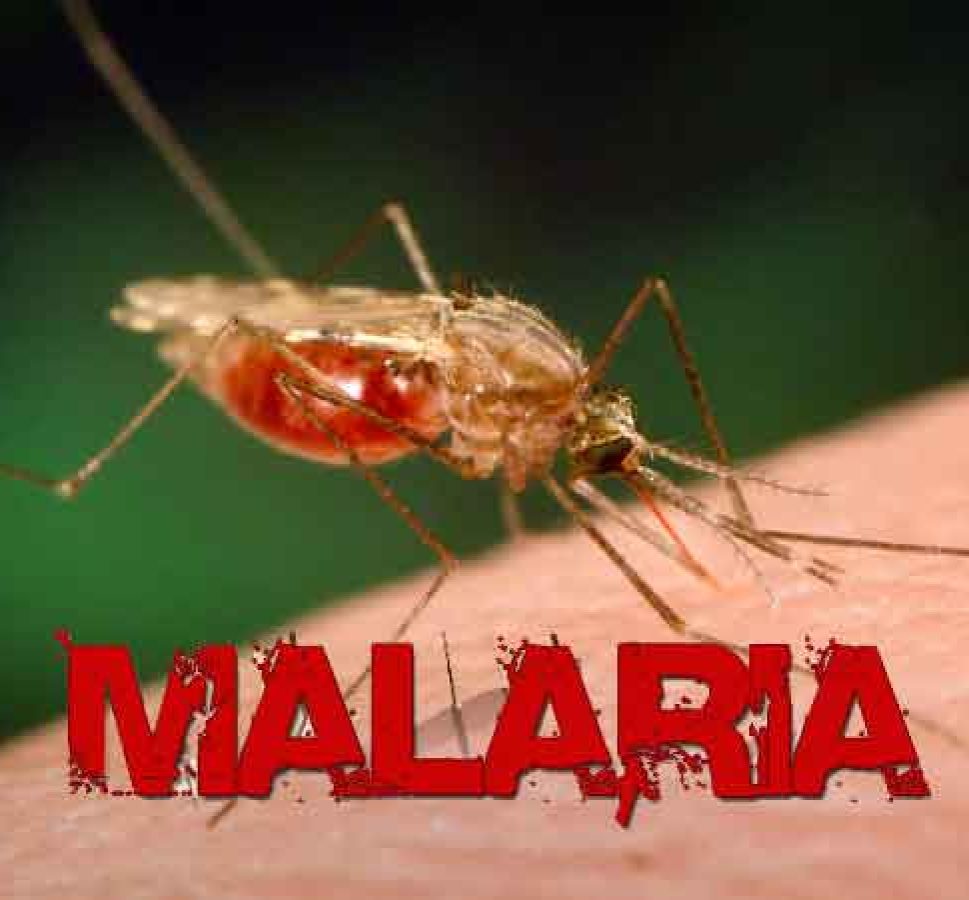
The ministerial task force, the minister said, will comprise Nigeria-based stakeholders with in-depth knowledge and experience in malaria control and elimination efforts.
The Nigerian government has established an Advisory on Malaria Elimination (AMEN) structure and a Ministerial Task Force to intensify efforts towards malaria elimination.
This was disclosed in a statement signed by the Senior Adviser on Media and External Relations to the Coordinating Minister of Health and Social Welfare, Muhammad Pate, Tashikalmah Hallah.
Mr Pate, while inaugurating AMEN and the Ministerial Task Force, highlighted the devastating impact of malaria on Nigeria, citing alarming rates of mortality, morbidity, lost work hours, out-of-pocket expenses, and government investments in treatments and interventions.

The minister noted that despite being preventable and treatable, malaria continues to be a major challenge for the country.
Setting up AMEN
Mr Pate stressed that malaria remains a pressing concern for Nigeria, emphasising the need for sustained efforts and collective action to address this persistent public health challenge.
“Therefore, we need a paradigm shift from the standard approach to a more proactive and result-oriented method of defeating this disease,” he said.
“On this premise, we invited academics, malaria programme experts, development partners, private sectors, civil societies, business enthusiasts, policymakers, as well as the political class to a roundtable discussion to rethink the country’s approaches and strategic views on malaria, which culminated in the setting up of AMEN among other things, and the Ministerial Task Force on Malaria in Nigeria.”.
AMEN is chaired by Rose Leke, a professor at the University of Yaoundé, Cameroun.
Other members are Dyann Wirth of the Harvard School of Public Health, Soji Adeyi, President of Resilience Health System, Ibrahim Abubakar of the University College, London, and Peter Piot of the London School of Hygiene and Tropical Medicine.
The minister stated that the advisory team will provide expert guidance on malaria elimination.

He said: “They will offer evidence-based advisory services and meet regularly to review programme evidence and provide guidance on aligning with best practices for malaria elimination. They will also collaborate with the CMH & SW, and HMSH to review implementation when necessary. The team will meet every six months (twice a year).”
According to him, the Ministerial Task Force will comprise Nigeria-based stakeholders with in-depth knowledge and experience in malaria control and elimination efforts in the country.
Task force
He said the task force will ensure the effective implementation of AMEN’s recommendations, working in close collaboration with the Federal Ministry of Health, development partners, donor agencies, and other stakeholders to drive malaria elimination efforts in Nigeria.
The minister added that the team will support the National Malaria Elimination Program’s (NMEP) goal to reduce malaria incidence and improve intervention impact through coordinated prevention, diagnosis, treatment, and awareness efforts.
The task force is co-chaired by Mr Pate, with the Chairman of the Malaria Technical Working Group in Nigeria serving as Vice Chairman, providing strategic leadership and technical expertise.
The National Coordinator of the National Malaria Elimination Programme, Godwin Ntado, serves as Secretary, responsible for facilitating task force operations.
The team will convene every six to eight weeks, with additional meetings as scheduled, stating that membership will undergo biennial review for renewal or replacement, ensuring optimal performance and fresh perspectives.
In February, the Minister decried the country’s persistent malaria burden despite decades of elimination efforts.
He urged a strategic review, noting that Nigeria still accounts for 30 per cent of global malaria cases, with 68 million cases and 190,000 deaths reported in 2021 alone.






